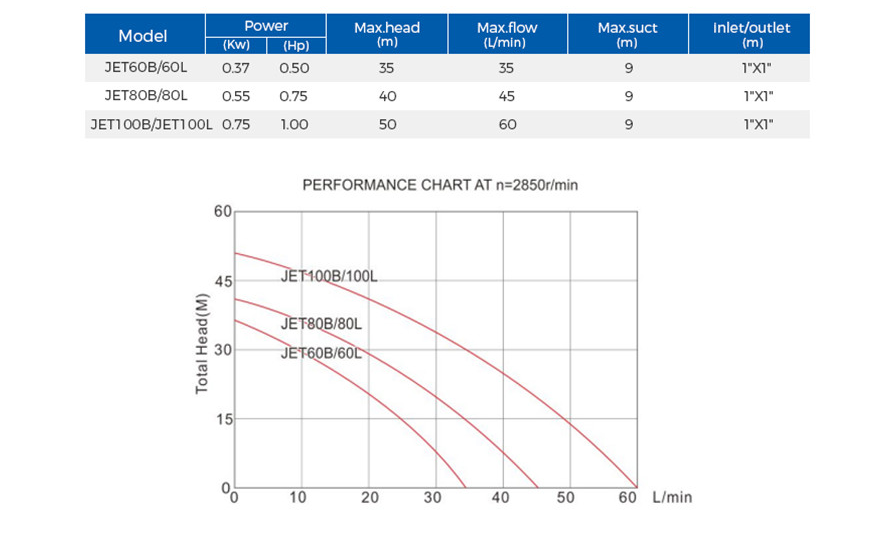Jet pump systems are a crucial part of many industrial processes. They are used in various applications, including water supply, irrigation systems, and oil and gas extraction. These systems play a vital role in ensuring the smooth operation of these processes. However, like any other machinery, jet pump systems require regular maintenance to ensure optimal performance and longevity.
Regular maintenance of jet pump systems is essential for several reasons. First and foremost, it helps identify and fix any minor issues before they become major problems. By conducting routine inspections, technicians can detect early signs of wear and tear, leaks, or clogs. Addressing these issues promptly can prevent costly breakdowns, production delays, and even safety hazards.

Furthermore, regular maintenance helps optimize the efficiency of jet pump systems. Over time, various components can become dirty, worn out, or misaligned, resulting in decreased performance. For example, clogged filters or strainers can restrict the flow of fluid, leading to reduced productivity. By cleaning or replacing these components during scheduled maintenance, the efficiency of the system can be restored, resulting in improved overall performance.
Another critical aspect of regular maintenance is ensuring the safety of personnel and equipment. Jet pump systems often operate under high pressure, making them potentially dangerous. Neglecting maintenance can lead to equipment failures, leaks, or even explosions. By conducting regular checks and maintenance procedures, technicians can identify and rectify any safety hazards, ensuring the well-being of everyone involved.
Moreover, adhering to a regular maintenance schedule helps extend the lifespan of jet pump systems. These systems are often subjected to harsh operating conditions, such as exposure to corrosive fluids or abrasive particles. Without proper maintenance, these conditions can accelerate wear and tear, leading to premature failure and the need for costly replacements. On the other hand, regular maintenance, including cleaning, lubrication, and inspection, can help prolong the life of critical components, ensuring that the system operates efficiently for an extended period.
A well-maintained jet pump system also contributes to cost savings in the long run. Regular inspections and preventive maintenance can help identify and address any issues that may impact the energy efficiency of the system. For instance, a misaligned impeller or a worn-out seal can cause power loss, leading to increased energy consumption. By addressing these inefficiencies during maintenance, energy costs can be significantly reduced over time.
Furthermore, neglecting regular maintenance can void warranties or insurance policies, leaving the company vulnerable to potential losses. Manufacturers typically require adherence to maintenance schedules to ensure the validity of warranties. Additionally, insurance providers may require proof of regular maintenance to cover damages or losses caused by equipment failures. By keeping up with maintenance, companies can protect themselves against financial liabilities in case of unforeseen events.
In conclusion, regular maintenance is crucial for the optimal performance, safety, longevity, and cost-effectiveness of jet pump systems. By conducting routine inspections, cleaning, lubricating, and addressing any issues promptly, companies can prevent breakdowns, improve efficiency, extend the lifespan of critical components, and save on energy and repair costs. Furthermore, regular maintenance ensures compliance with warranty and insurance requirements, providing additional protection and peace of mind. Investing time and resources in regular maintenance is, therefore, a wise choice for any company relying on jet pump systems for their operations.
Post time: Dec-04-2023
